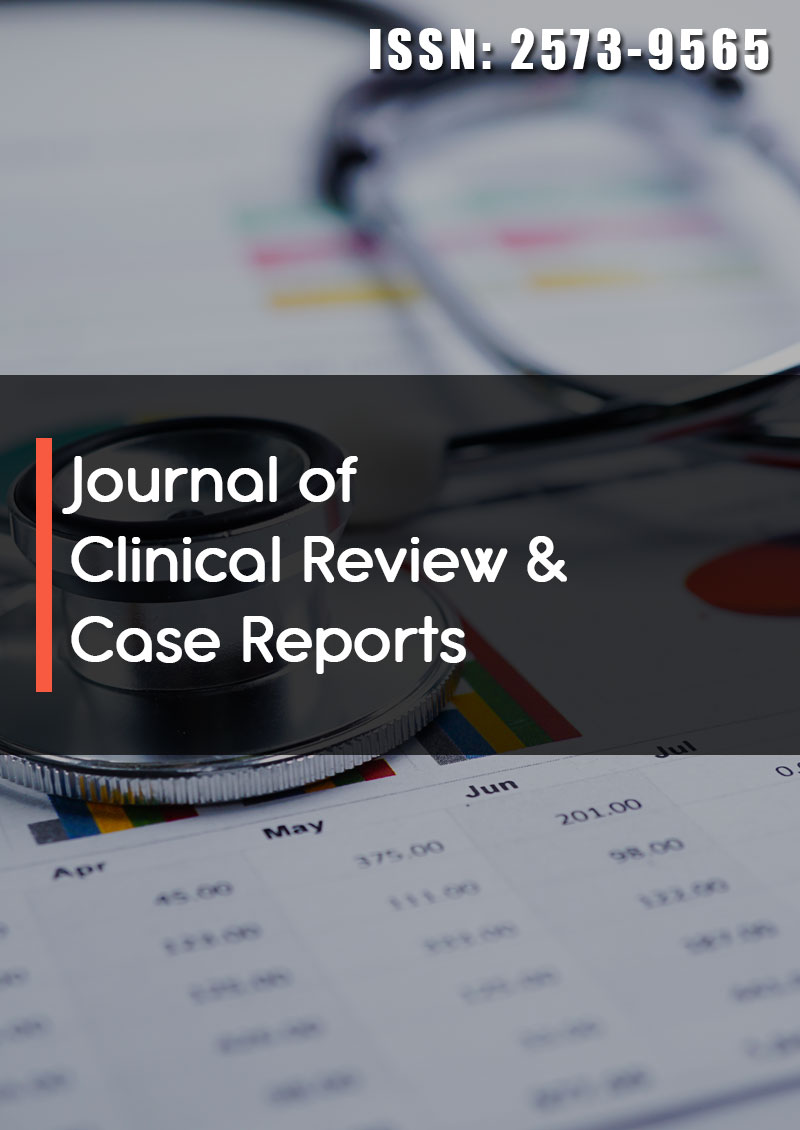Sexually Transmitted Infections and HIV: Knowledge, Attitudes and Practices as Transmission Risk Factors in Pregnant Women at Maxixe Health Centre, Mozambique
Abstract
Izaidino Muchanga, Célio Alfredo, Guido Ntchowela, Hilário Massango, Rey Candido, Baivo Neves and Arnaldo Cumbane
Sexually transmitted infections are among the most common public health problems worldwide. Female and male infertility, mother to child transmission, causing miscarriages or congenital disease, and increased risk for Human Immunodeficiency Virus infection (HIV) are some of their consequences. In Sub-Saharan Africa countries, such as Mozambique, the prevalence of these infections is high, women being those who carry the higher burden. Thus we developed this cross-sectional study with objective of characterizing some sexually transmitted infections, HIV infection, syphilis and trichomoniasis in pregnant women, verifying if their management was in accordance with guidelines and recommendations in the country and identifying practice, Knowledge and associated risk factors. Samples were collected from 253 pregnant women attending Centro de Saúde de Maxixe. Vaginal samples were obtained and observed microscopically by wet mount and direct microscopic examination (Trichomonas vaginalis). HIV antibody testing was performed with the tests Determine HIV-1/2 and Uni-GoldTM and against, T. pallidum by RPR, SD BIOLINE Syphilis 3.0 and Determine TP tests in plasma samples. In this study, 11.1% of the pregnant women were infected with HIV, 2.8% with active syphilis, 5.1% with Trichomonas vaginalis and 9.1% with yeast. Antibodies against T. pallidum were identified in 8,3% of these women. In relation to HIV, 7, 5% of them were new cases. Samples were taken from 253 pregnant women attending ante-natal outpatient consultation at the health centre, which were informed about the nature of the study and submitted to a semi-structured interview after signing the free informed consent. In this study, the inconsistency on condoms use and the existence of multiple partners by the participants contributing for these infections transmission. Participants have shown that they had information about these infections modes of transmission, as also which measures to use to prevent them. A significant number of women present with any symptom related to infections that were diagnosed to them, proving that the use of syndrome approach in vaginal discharge must be given some thought in relation to its value in this situation. The data obtained in this study shows that some gaps also exist in the prenatal care clinics of this Centre, from routine procedures that are not performed in accordance with MISAU recommendations. The high prevalence of some STI found in this population, their risk behavior, together with the non-observance of some guidelines in the management of those infections by the health personal very worrying. The implementation of a teaching program on quality control, prevention and management of these infections by the health professional seems to us to be of utmost importance, so these can act in accordance with the present guidelines and transmit correct information to the pregnant women who attend prenatal care.



